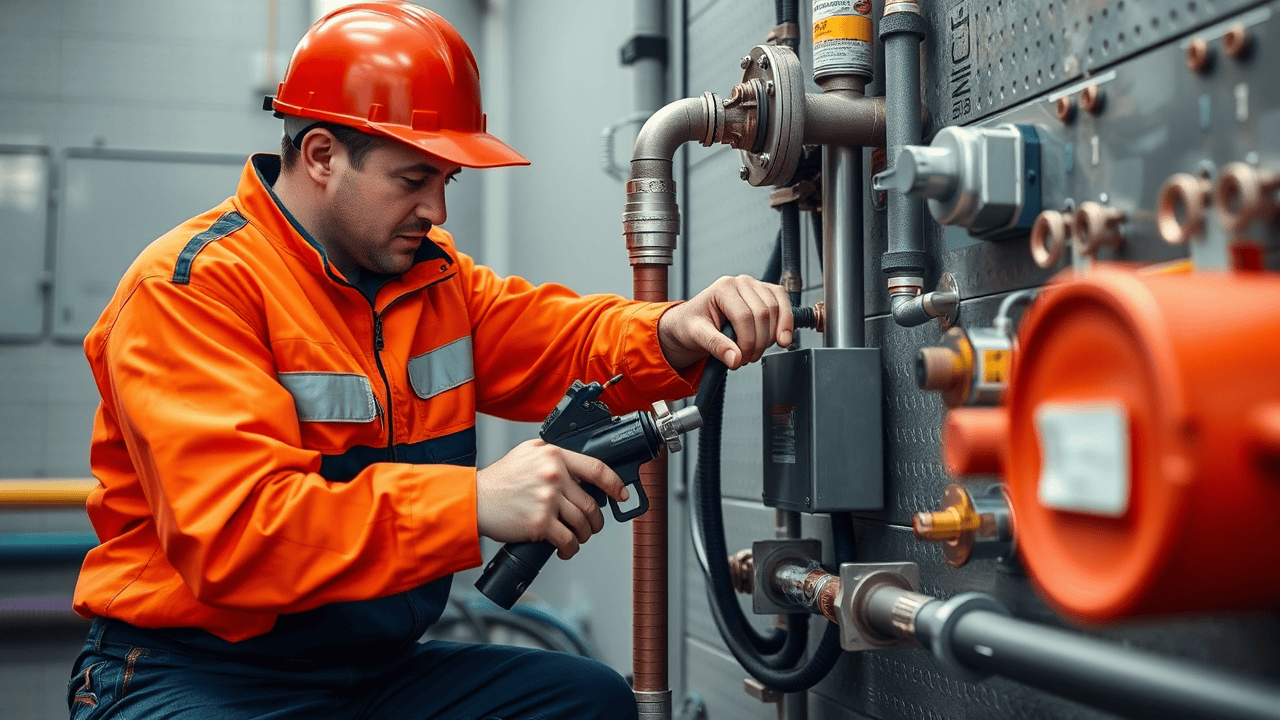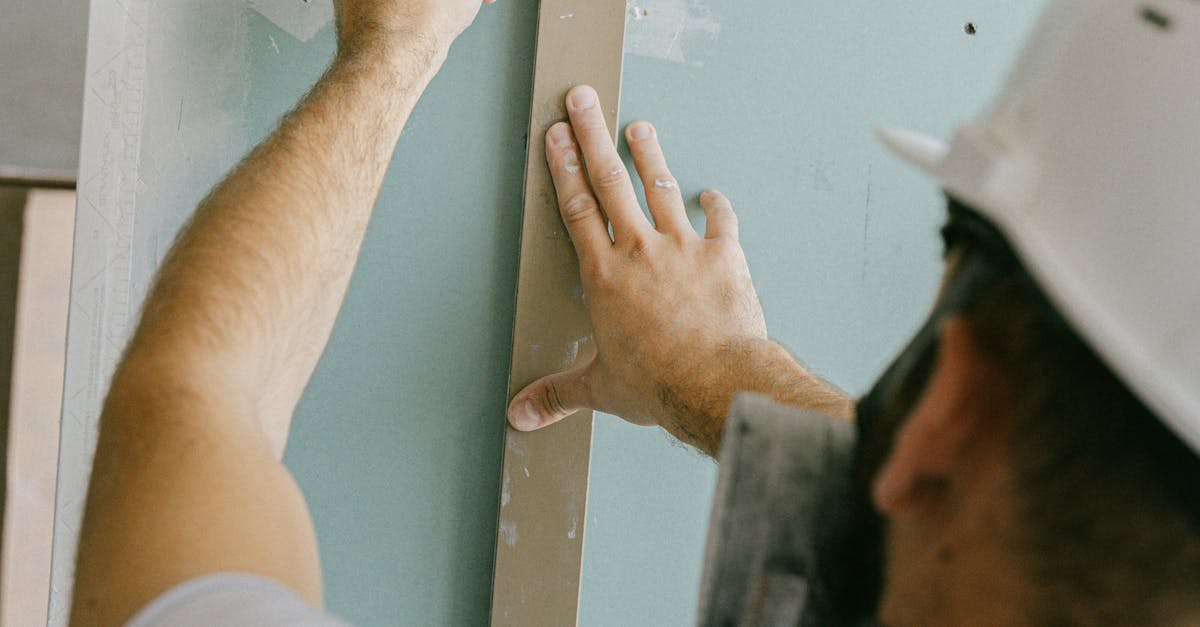
At Sniders Plumbing, we specialize in expert gas line installation and repair services to ensure your home or business operates safely and efficiently. Our skilled technicians are trained to handle all aspects of gas line work, from installing new lines for appliances such as stoves and water heaters to repairing leaks and ensuring compliance with local safety regulations. We understand the importance of reliable gas service, which is why we prioritize precision and thoroughness in every job. Whether you’re upgrading your cooking appliances or need urgent repairs, you can trust Sniders Plumbing to provide prompt, professional service to keep your property safe and your gas system functioning optimally.
Differences Between Gas and Electric Lines
Gas lines and electric lines serve different purposes within a property, impacting both energy delivery and safety measures. Gas lines transport natural gas or propane for heating or cooking, while electric lines deliver power for lighting and appliances. The installation and maintenance requirements for each type differ significantly. Gas lines often require specialized materials and techniques to prevent leaks, while electric lines must adhere to strict codes related to wiring and electrical load.
Safety is a primary concern when considering gas versus electric lines. Gas leaks can lead to dangerous explosions or fires if not handled properly. On the other hand, overloaded electric circuits can cause shocks or electrical fires. Both systems necessitate proper installation and regular inspections to ensure safe operation. Homeowners may also need to weigh factors such as energy efficiency, costs, and environmental impact when choosing between these two utilities.
Advantages of Gas Line Systems
Gas line systems offer several benefits that make them a popular choice for many households. They provide consistent heat and energy, enabling quicker cooking times and enhanced temperature control in appliances. Natural gas is typically less expensive than electricity, which can result in lower utility bills over time. Additionally, gas appliances often operate even during power outages, adding a layer of convenience for homeowners.
Environmental considerations also play a role in the appeal of gas line systems. Natural gas burns cleaner than some other fossil fuels, producing fewer greenhouse gases and pollutants. This makes it an attractive option for those aiming to reduce their carbon footprint. Many modern appliances are designed for energy efficiency, further supporting sustainable living practices while meeting the needs of everyday life.
Cost Factors in Gas Line Installation
When considering the installation of gas lines, various cost factors play a significant role. Labor costs typically make up a sizeable portion of the budget, as skilled professionals are necessary to ensure the installation meets safety standards and local codes. Additionally, the complexity of the project can affect pricing. Straightforward installations may be more economical, while projects involving extensive modifications or high-risk areas usually require more time and resources, thus increasing overall expenses.
Material costs also contribute to the total expense. The type of piping used, fittings, and any necessary permits can vary widely in price. Standard materials may be more affordable, while specialized components designed for high-pressure or corrosive environments can significantly raise costs. Homeowners should also expect potential fluctuations in prices depending on market conditions, availability of materials, and regional labor rates.
Understanding Pricing and Estimates
When embarking on a gas line installation or repair project, understanding the pricing structure is essential for effective budgeting. Various factors influence the overall cost, such as the length of the gas line, the materials used, and the complexity of the installation. Labor costs can vary based on the contractor's expertise and local market rates. Additionally, obtaining necessary permits and inspections can add to the final bill, making it crucial to ask for a detailed estimate before commencing work.
It is advisable to gather multiple quotes from licensed professionals to compare pricing and services. Some companies may offer flat rates for standard installations, while others may charge by the hour. Be sure to inquire about what the estimate includes to avoid unexpected expenses. Understanding the breakdown of costs will help homeowners make informed decisions and ensure they are receiving a fair price for quality work.
Emergency Gas Line Services
Gas leaks and related issues are serious concerns that require immediate attention. Emergency gas line services are designed to address such hazardous situations promptly and efficiently. Professionals trained in handling gas line emergencies can quickly assess the risks and take necessary actions to mitigate any potential danger. Whether it involves detecting leaks or repairing damaged lines, swift action can prevent severe incidents.
Homeowners and businesses should be aware of the signs that indicate a gas emergency. The unmistakable smell of gas, hissing sounds near appliances, or a sudden increase in gas bills are all warning signals. In such cases, it’s crucial to evacuate the area and contact a qualified technician who specializes in gas line services. Acting quickly can save lives and protect property from the devastating effects of a gas-related incident.
When to Call a Professional
Homeowners should engage a professional when they suspect a gas leak or smell gas in their vicinity. Warning signs, such as hissing sounds near gas lines or dead vegetation above buried pipes, often indicate a serious issue. Professionals possess the expertise and tools necessary to diagnose and rectify problems safely. Attempting to address these concerns without adequate knowledge can escalate risks, putting lives and property in jeopardy.
Regular maintenance also warrants the expertise of trained technicians. A professional inspection can help identify wear and tear that might not be visible to the untrained eye. Ensuring proper installation and routine checks can elevate safety levels and enhance the longevity of the gas line system. Ignoring these services can lead to costly repairs down the line.
FAQS
What are the main differences between gas and electric lines?
The main differences between gas and electric lines include the energy source they use, installation requirements, operational costs, and safety considerations. Gas lines typically transport natural gas or propane, while electric lines carry electricity. Gas lines may require specific ventilation to prevent gas buildup, whereas electric lines need proper grounding and insulation.
What are the advantages of gas line systems?
Gas line systems offer several advantages, such as lower operational costs compared to electric systems, faster heating capabilities, and versatility in application for cooking, heating, and hot water. Additionally, gas appliances often have longer lifespans and can provide more efficient energy use in some scenarios.
What factors influence the cost of gas line installation?
Several factors influence the cost of gas line installation, including the length of the line, complexity of the installation, local labor rates, materials used, and any necessary permits or inspections. Additionally, the condition of the existing infrastructure and the distance from the gas source can also impact costs.
How can I understand pricing and estimates for gas line installation?
To understand pricing and estimates for gas line installation, it's important to obtain multiple quotes from licensed professionals. Look for detailed breakdowns of costs, including labor, materials, and any additional fees. A reputable contractor will also explain the factors contributing to the costs and provide a clear timeline for the project.
When should I call a professional for emergency gas line services?
You should call a professional for emergency gas line services if you smell gas, hear a hissing sound near your gas lines, notice dead vegetation above or near the line, or detect any other signs of a gas leak. Immediate action is crucial in these situations to ensure safety and prevent potential hazards.


